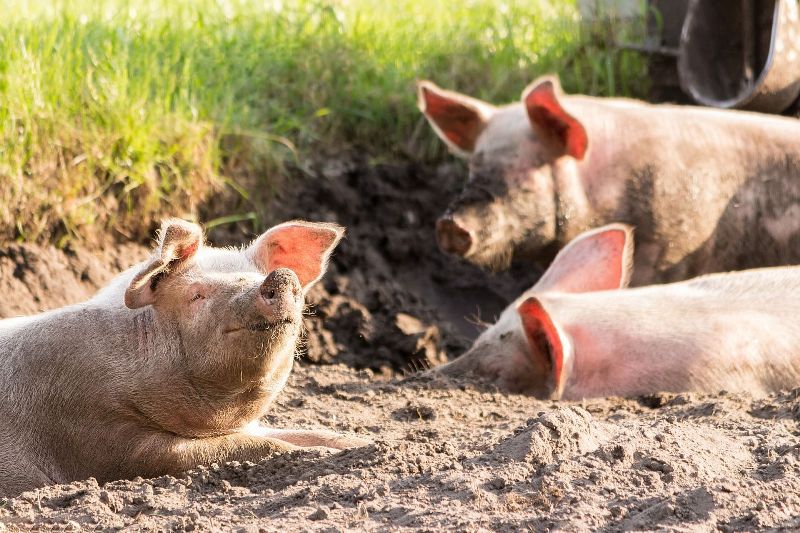KOHIMA: The outbreak of African swine fever (ASF) in Thizama village under Chiephobozou block in Nagaland‘s Kohima district has raised concern.
Following the detection, Kohima Deputy Commissioner Kumar Ramnikant declared a 1 km radius of the infected village as an infected zone.
Additionally, a 10 km radius from the infected premises, covering a 9 km radius outside the infected zone, has been designated as a surveillance zone.
The DC also imposed a ban on slaughter, import and export of pigs and piglets.
He also appealed to the public to adhere to these restrictions to prevent the disease from spreading further.
In Mizoram, over 10,050 pigs have died and 18,300 culled due to ASF since February, resulting in huge financial losses for farmers and rearers. Despite a recent reduction in pig deaths, the outbreak continues in many districts.
The ASF outbreak has caused estimated losses of Rs 23-25 crore for pig farmers and rearers in the northeastern states since February.
African swine fever is a contagious and deadly viral swine disease affecting domestic and feral swine of all ages.
ALSO READ: Kisama village to become world-class heritage destination: Nagaland Tourism Minister
Although it is not a direct threat to human health, its deadly nature in swine could result in pork product shortages, disruptions to trade, and economic impacts.
There is no treatment or vaccine so the best way to protect pigs is by prevention.
African swine fever is caused by the Asfarviridae family of viruses, which are distinct from the viruses associated with classical swine fever.















